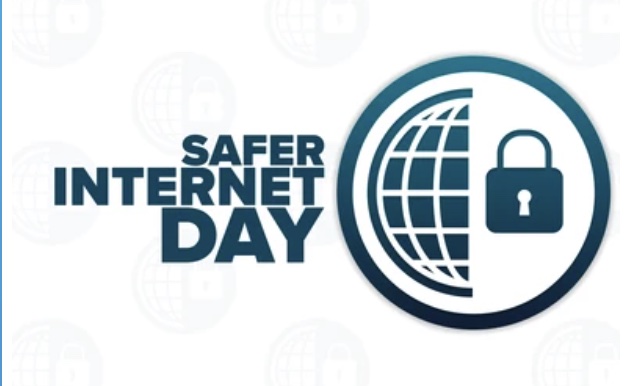In recognition of Safer Internet Day, a global initiative dedicated to promoting a more secure and responsible use of online technology, this post underscores the importance of vigilant digital practices in the face of growing cyber threats. As we increasingly rely on the internet for everyday tasks, the risk of identity theft and online fraud escalates, making it crucial to adopt better online habits. The many benefits of fully managed restoration services go hand in hand with this, especially those that take a human-to-human approach.
Strong Passwords: Your First Line of Defense
A robust password is akin to a strong lock on your door. Use complex and unique passwords for each of your accounts. Ideally, a password should be a mix of letters, numbers, and symbols and at least 12 characters long. Tools like password managers can help you keep track of your different passwords securely.
Two-Factor Authentication: An Extra Security Layer
Two-factor authentication (2FA) is an additional layer of security worth implementing. Even if someone discovers your password, they still need a second factor—usually a code sent to your phone or email—to access your account. Enabling 2FA on your important accounts, like email, banking, and social media, significantly reduces the risk of unauthorized access.
Regular Software Updates: Closing Security Gaps
Cybercriminals often exploit software vulnerabilities to gain unauthorized access. Regularly updating your operating system and apps is critical in patching these vulnerabilities. Enable automatic updates whenever possible to ensure you’re always running the latest, most secure version.
Secure Internet Connections: Beware of Public Wi-Fi
Public Wi-Fi networks are convenient but often not secure. Avoid conducting sensitive transactions on these networks, like online banking or shopping. If you need to use public Wi-Fi, consider using a Virtual Private Network (VPN), which encrypts your data, making it harder for hackers to intercept.
Regular Monitoring: Stay Informed About Your Digital Footprint
Regularly monitor your bank statements, credit reports, and online accounts for unusual activity. Early detection of fraudulent activity can significantly minimize damage. Many credit card companies and banks offer free alerts to notify you of unusual transactions.
Phishing Scams: Stay Alert to Deception
Phishing scams, where bad actors trick you into divulging personal information, are increasingly sophisticated and constantly evolving. Be wary of unsolicited emails or messages that ask for personal details or direct you to unfamiliar websites. Always verify the legitimacy of requests for personal information.
Education and Awareness: Your Best Defense
Staying informed about the latest fraud and identity theft tactics is crucial. Cybercriminals continually evolve their methods, so keeping abreast of new scams and security recommendations is key.
Final Thoughts
Safe internet practices are not just a recommendation but a necessity. By employing all of the above and having quality restoration services in place, you can significantly reduce the risk of falling victim to fraud and identity theft while limiting the fallout from these events if you do. Remember, your online safety is in your hands, and staying informed and vigilant against endless digital threats is critical.
LibertyID provides expert, full-service, fully managed identity theft restoration to individuals, couples, extended families* and businesses. LibertyID has a 100% success rate in resolving all forms of identity fraud on behalf of our subscribers.
*LibertyID defines an extended family as you, your spouse/partner, your parents and parents-in-law, and your children under the age of 25.

